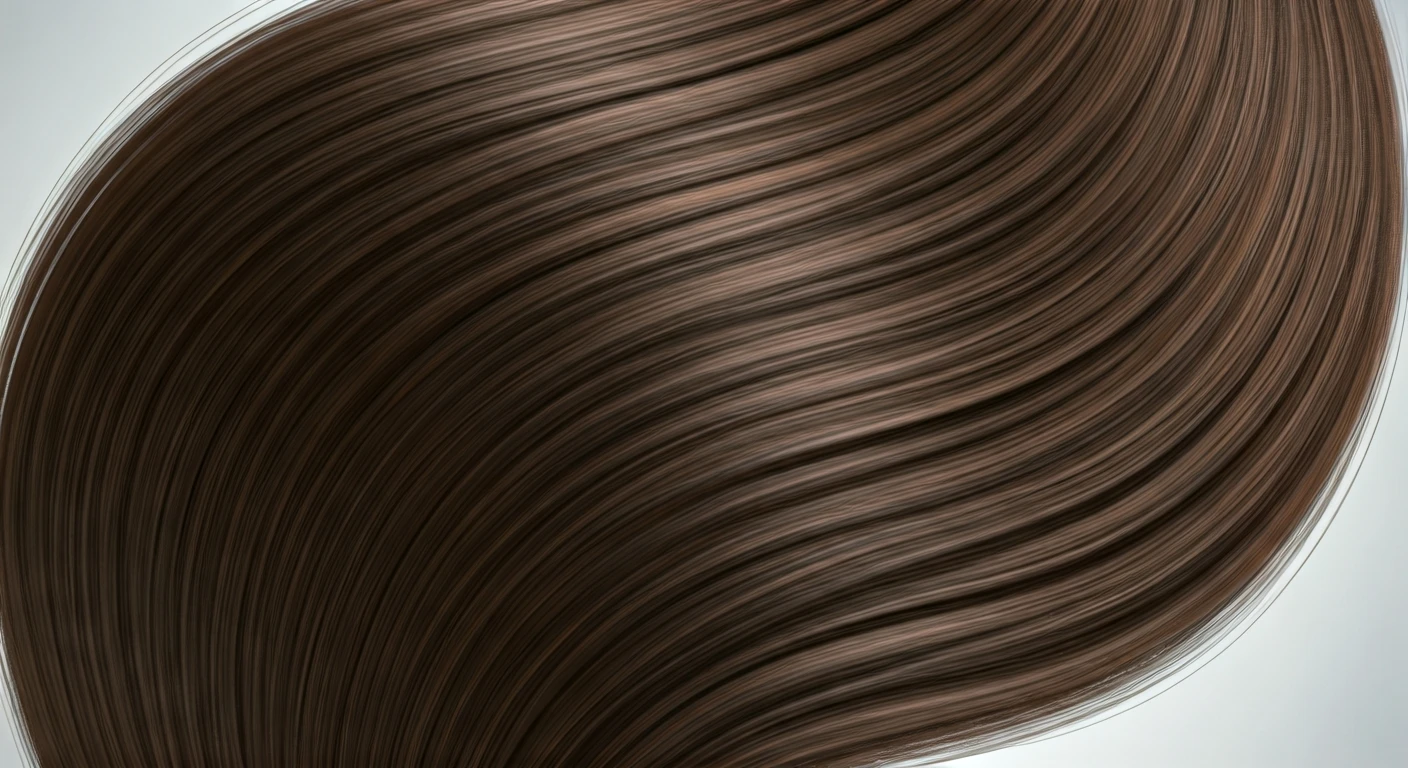Sun's Harsh Rays
Exposure to ultraviolet (UV) radiation from the sun is a significant contributor to premature hair graying. UV rays can damage melanocytes, the cells responsible
for producing melanin, which gives hair its color. When melanocytes are impaired, they produce less melanin, leading to the loss of pigment in hair and the appearance of gray strands. Excessive sun exposure accelerates this process, particularly for those who spend a lot of time outdoors without proper protection. Using hats, scarves, or hair products with UV protection can help shield the hair from this damage and slow down premature graying. Additionally, limiting the time spent in direct sunlight, especially during peak hours, is also beneficial.
The Stress Connection
Chronic stress is another key factor implicated in early graying. The body's response to stress can trigger several physiological changes, including hormonal imbalances and increased oxidative stress. This oxidative stress can damage melanocytes and hinder melanin production. Moreover, chronic stress can also disrupt the normal hair growth cycle, leading to premature shedding of pigmented hair and the appearance of gray hair. Managing stress through techniques like meditation, yoga, or spending time in nature can help mitigate its impact on hair color. Prioritizing mental well-being and adopting healthy coping mechanisms can significantly reduce the likelihood of premature graying induced by stress.
Genetic Predisposition Explained
Genetics play a major role in determining when and how quickly your hair will turn gray. If your parents or close relatives experienced premature graying, you are more likely to experience it as well. Specific genes are believed to influence the activity of melanocytes and the production of melanin. This means the genetic blueprint you inherit can predetermine the timing of gray hair onset. While you can't change your genes, understanding your family history can help you anticipate this natural process and take proactive steps to maintain healthy hair. A consultation with a dermatologist or a genetic counselor can provide further insights into your genetic predisposition and potential preventative measures.
Vitamin Deficiencies Impact
Certain vitamin deficiencies can also contribute to premature graying. Vitamins such as B12, D, and E are crucial for maintaining healthy hair and melanin production. Deficiencies in these vitamins can disrupt the processes involved in hair pigmentation. For instance, vitamin B12 is essential for red blood cell formation, which carries oxygen to the hair follicles, and a deficiency can lead to decreased melanin production. Vitamin D supports hair follicle health, and its deficiency can affect hair growth. Vitamin E, as an antioxidant, protects hair from oxidative stress. Ensuring an adequate intake of these vitamins through a balanced diet or supplements can help prevent premature graying and support overall hair health. Consulting a healthcare professional for blood tests to check vitamin levels is advisable if you suspect a deficiency.
Autoimmune Conditions Influence
Autoimmune conditions can sometimes contribute to premature graying. These conditions occur when the immune system mistakenly attacks the body's own cells. In some cases, the immune system may target the melanocytes, leading to a decrease in melanin production and the appearance of gray hair. Conditions such as alopecia areata and vitiligo can directly affect the pigment-producing cells in the hair follicles. Managing the underlying autoimmune condition through appropriate medical treatments can help slow down the progression of graying. Seeking consultation from a healthcare provider to diagnose and treat these conditions is crucial. Proper management can also help reduce the associated inflammation and oxidative stress that further impact hair pigmentation.
The Effects of Smoking
Smoking is also recognized as a contributing factor to premature graying. The chemicals in cigarette smoke can damage hair follicles and increase oxidative stress throughout the body. Oxidative stress can lead to the destruction of melanocytes and reduce melanin production. Smoking also restricts blood flow, depriving the hair follicles of essential nutrients. This combination of factors accelerates hair graying. Quitting smoking is one of the most effective ways to slow down premature graying and improve overall health. Seeking support from healthcare providers or support groups can assist in successfully quitting smoking and minimizing its negative impact on hair and overall well-being.




















